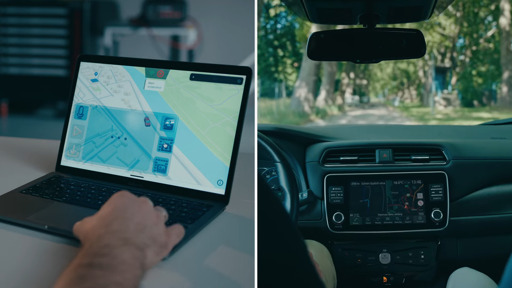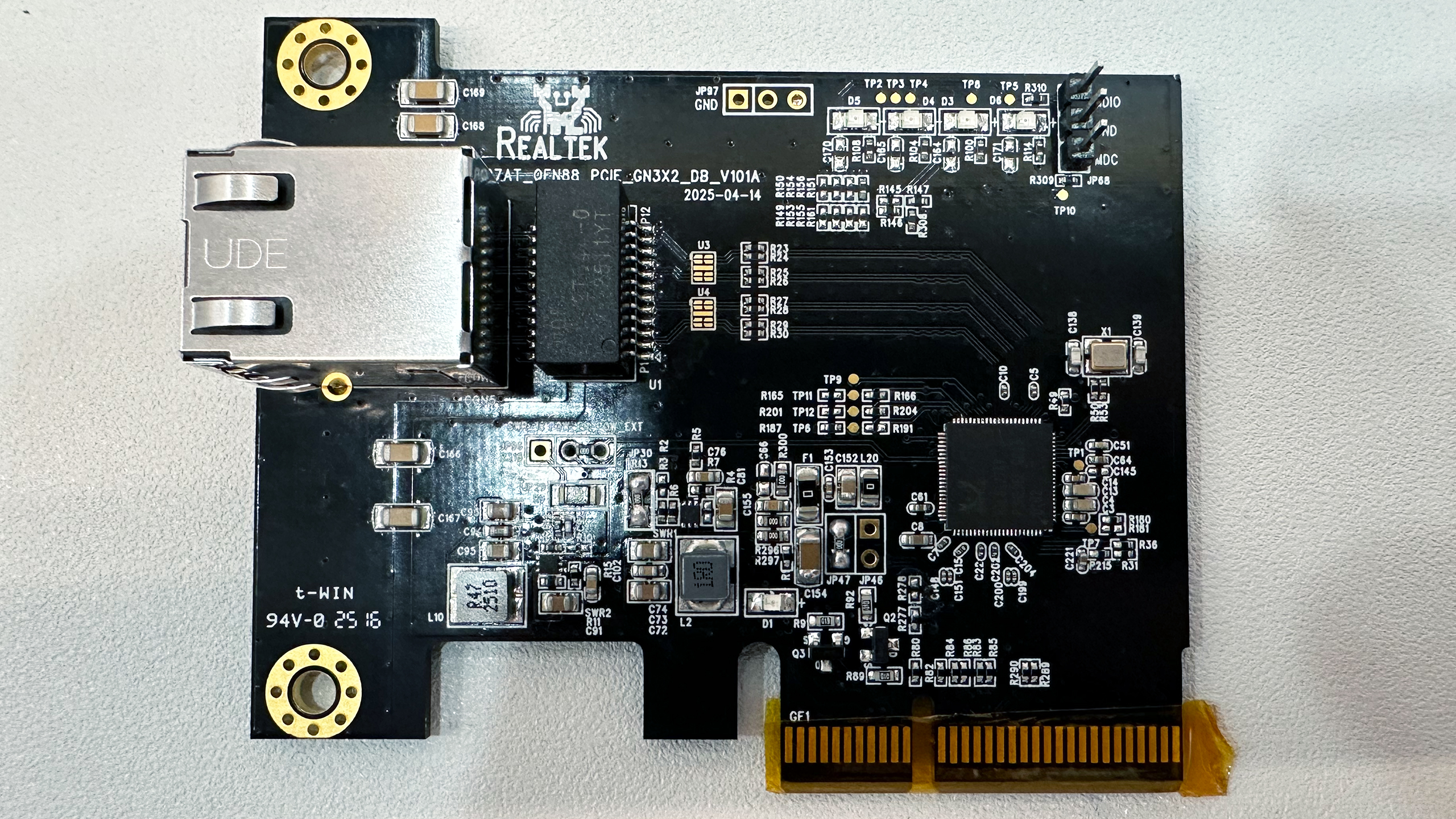Fully remote control your Nissan Leaf (or other modern cars)
-
Remember the car jacking scene in Terminator 3?
-
Remember the car jacking scene in Terminator 3?
Is there an option to physically disable this?
When i finally get an EV I don't want it to be online in any form, is it even possible to get one like that?
-
Is there an option to physically disable this?
When i finally get an EV I don't want it to be online in any form, is it even possible to get one like that?
Install the latest update and hope for the best.
Or try disabling bluetooth.
Or try to get a car without autonomous parking.
Seems like there is no real option though.
-
Remember the car jacking scene in Terminator 3?
Wow, super impressive. Now we need a live video feed from some forward facing camera to give some FPV perspective and a gamepad. And with some more clever hacks, the Leaf could become something like a Mars rover.
-
Wow, super impressive. Now we need a live video feed from some forward facing camera to give some FPV perspective and a gamepad. And with some more clever hacks, the Leaf could become something like a Mars rover.
...a semi-autonomous vehicle surveying a dead landscape?
-
Remember the car jacking scene in Terminator 3?
These would be better robo taxis
-
Is there an option to physically disable this?
When i finally get an EV I don't want it to be online in any form, is it even possible to get one like that?
It is not just EVs, this can be done on almost every new car in some form or another.
-
Remember the car jacking scene in Terminator 3?
The thing that pisses me off most is that cars have these vulnerabilities, and automakers do a shit job of protecting them, but do just a good enough job to keep me, the owner, from playing with them.
-
...a semi-autonomous vehicle surveying a dead landscape?
Sure. It could do your summer vacation including those nasty traffic jams without your participation. Send back a few pictures from important landmarks and monuments, all the while you sit in front of your computer in your air conditioned home like the hacker in the video. Dead landscape might be another option. I'm not sure how the processing power of a Nissan compares to a Mars rover
 Maybe it needs to drive very slow to be able to keep up with the incoming sensor data, or due to delay...
Maybe it needs to drive very slow to be able to keep up with the incoming sensor data, or due to delay... -
Sure. It could do your summer vacation including those nasty traffic jams without your participation. Send back a few pictures from important landmarks and monuments, all the while you sit in front of your computer in your air conditioned home like the hacker in the video. Dead landscape might be another option. I'm not sure how the processing power of a Nissan compares to a Mars rover
 Maybe it needs to drive very slow to be able to keep up with the incoming sensor data, or due to delay...
Maybe it needs to drive very slow to be able to keep up with the incoming sensor data, or due to delay..."Take my [family], please"
-
"Take my [family], please"
You're a genius. I hadn't even thought about that...

-
Install the latest update and hope for the best.
Or try disabling bluetooth.
Or try to get a car without autonomous parking.
Seems like there is no real option though.
Install the latest update and hope for the best.
The addiction is also the cure.
-
Is there an option to physically disable this?
When i finally get an EV I don't want it to be online in any form, is it even possible to get one like that?
Get a used moderately old petrol car and do an EV motor swap into it.
-
Remember the car jacking scene in Terminator 3?
thats a premium feature.
-
Install the latest update and hope for the best.
The addiction is also the cure.
That's what our economy has become. Sad.
-
Get a used moderately old petrol car and do an EV motor swap into it.
I want the new technology but it has to work like the old, and I can answer myself: Okay boomer!
I'll have to find a compromise when I finally get an EV.
-
Remember the car jacking scene in Terminator 3?
How can an attacker control the steering?
-
How can an attacker control the steering?
Bluetooth -> infotainment system -> CANBUS -> Lane Assist or adaptive steering
Die infotainment system should not have this permission, but it does.
The loophole is the connected smartphone from the driver. An attacker could deauthenticate it and mimic the car app.
-
Is there an option to physically disable this?
When i finally get an EV I don't want it to be online in any form, is it even possible to get one like that?
Get an old leaf with a new battery?
-
Remember the car jacking scene in Terminator 3?
Somebody did something similar for a Jeep like a decade ago... but somehow people still expect the results to be different now.





